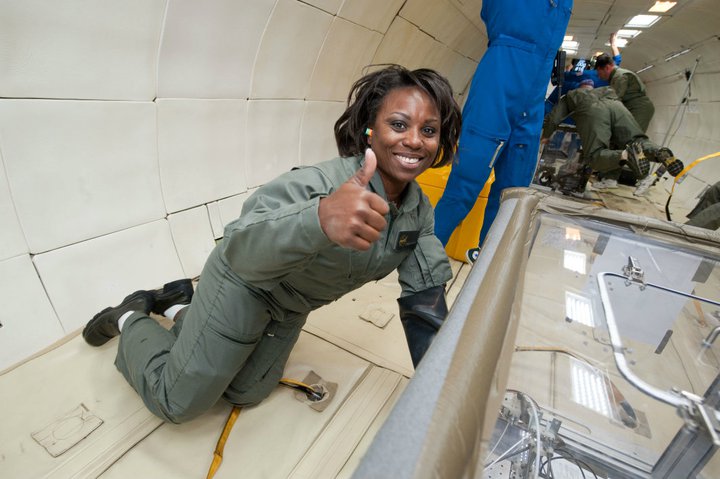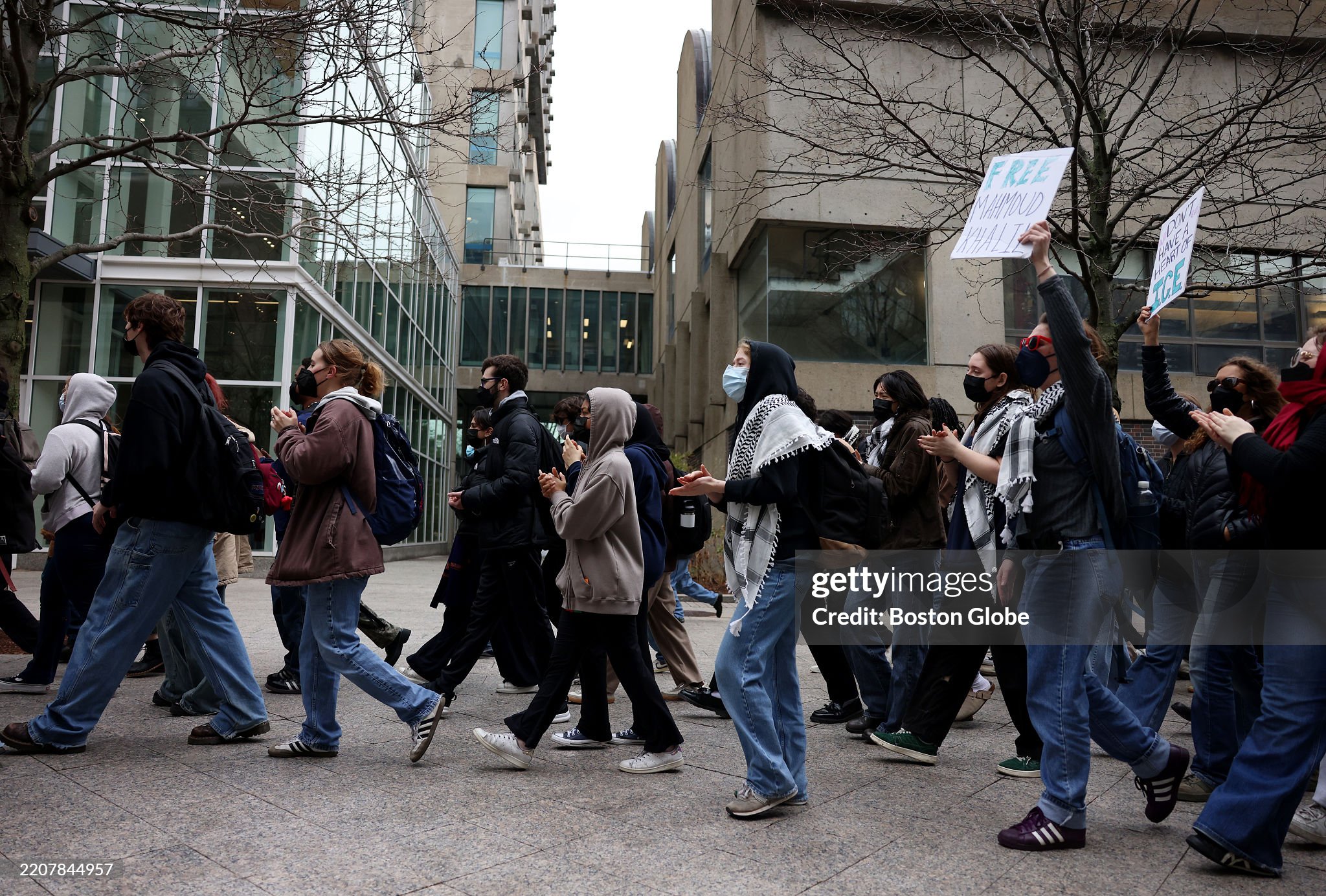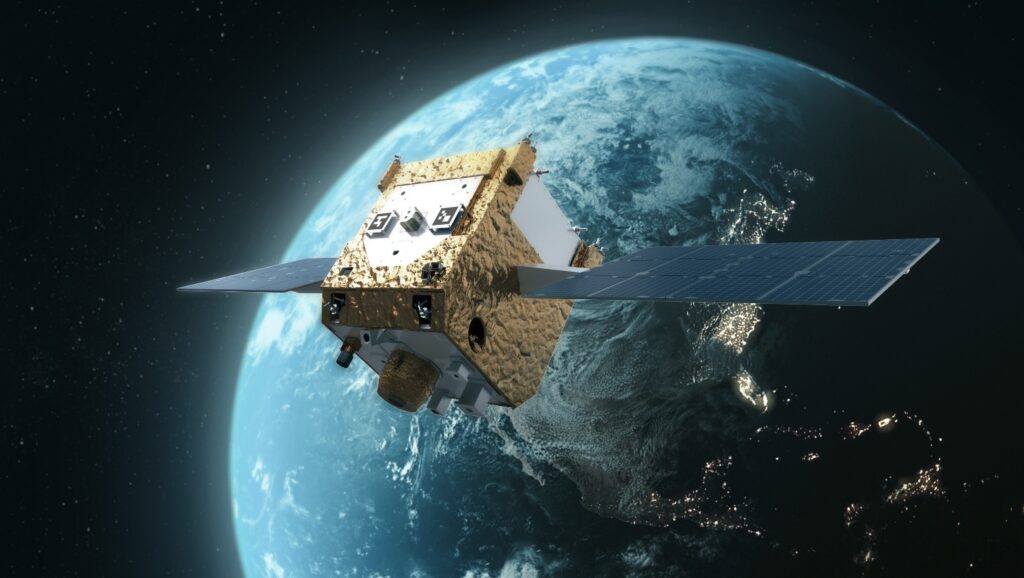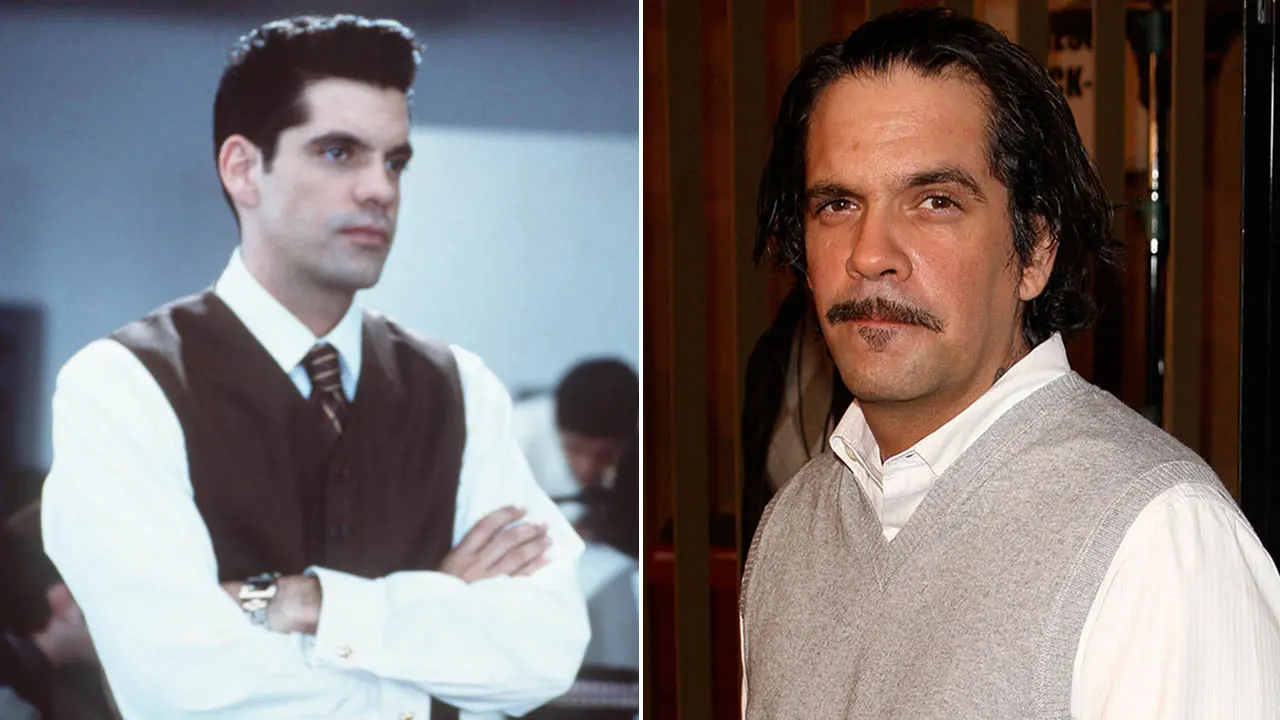News Americas, NEW YORK, NY: Caribbean immigrants are making an indelible mark in every sector of the US including in science. Here are five top Caribbean born scientists in the US you should know:
1: Dr. Camille Wardrop Alleyne
Dr. Camille Wardrop Alleyne currently serves as an assistant program scientist for the International Space Station, based at NASA’s Lyndon B. Johnson Space Centre in Houston, Texas. Her roles includes communicating the ISS’s scientific accomplishments with the general public, the leaders at NASA, the U.S. Congress, and scientific and educational communities. She is the only woman of Caribbean descent in a top position at NASA.
Alleyne was born in the twin-island Republic of Trinidad & Tobago. She left the island in 1983 at the age of 17 to study at Howard University in Washington, D.C. There, she earned her Bachelor of Science in mechanical engineering with an aerospace option. She went on to pursue a Masters from Florida A&M University in mechanical engineering with a specialization in composite materials. Dr. Camille became one of two persons in her program recruited by NASA to work at the Kennedy Space Center as a flight systems engineer. She worked there for two years before she attended the University of Maryland to pursue another Masters in aerospace engineering with a specialization in hypersonic aerodynamics and propulsion.
After graduating with her second Masters, she was recruited to work with the Missile Defense Agency under the U.S. Department of Defense on several ballistic missile defense projects as an aerospace systems engineer. After her projects with the Department of Defense, Alleyne applied to NASA’s Astronaut Program in 2003. Out of the 4,000 applicants in the elite program, Alleyne made it to the final twelve. However, she did not make the final round. Shortly after the experience, Alleyne was hired by NASA. Her return to NASA coincided with their Constellation and Orion programs. There she worked as a lead system engineer, crew module systems engineer, and test manager.
Alleyne has earned several accolades for her work. Awards from NASA include a NASA Group Achievement Award for the ISS Benefits for Humanity Task Team in 2013. As the founder of the Brightest Stars Foundation — an organization she established in 2007 to benefit girls in Africa, the Caribbean and Latin America by directing them to STEM (science, technology, engineering and mathematics) fields — she envisions her brainchild as a motivator that will empower girls in the sub-region to achieve against all odds. To that end she has partnered with the OECS Commission to achieve her goal. Along with her team of experts, they plan to visit 10 Caribbean islands by the end of the year. The aim is to host 1,500 girls in each island.
2: Prof. John Paul Clarke

Professor John-Paul Clarke is a College of Engineering Dean’s Professor at the Georgia Institute of Technology (Georgia Tech). He has appointments in the Daniel Guggenheim School of Aerospace Engineering and the School of Industrial and Systems Engineering, and serves as director of the Air Transportation Laboratory.
Dr. Clarke was born in Jamaica. He is a leading expert in aircraft trajectory prediction and optimization, especially as it pertains to the development of flight procedures that reduce the environmental impact of aviation. His research has been instrumental in changing both the theory and the practice of flight procedure design. This has spurred the global effort to reduce the environmental impact of aviation via changes in operational procedures. He is also an expert in the development and use of stochastic models and optimization algorithms to improve the efficiency and robustness of airline, airport, and air traffic operations. His many prior honors include the 1999 AIAA/AAAE/ACC Jay Hollingsworth Speas Airport Award, the 2003 FAA Excellence in Aviation Award, the 2006 National Academy of Engineering Gilbreth Lectureship, and the 2012 AIAA/SAE William Littlewood Lectureship.
3: Prof. Cardinal Warde

Barbadian-born Caribbean scientist, Professor Cardinal Warde, is President of the Caribbean Diaspora for Science, Technology and Innovation (CADSTI). He is also Interim Executive Director of the Caribbean Science Foundation, and a professor of Electrical Engineering at the Massachusetts Institute of Technology (MIT) and a Faculty Advisor.
His research focuses on the development of optoelectronic neural co-processors for brain-like computing, multi-spectral-polarimetric imaging sensors, infrared projection displays and holographic displays. Professor Warde is an inventor on twelve patents, and has published three book chapters. Moreover, he has published over one-hundred-fifty technical papers on optical materials, devices and systems. Since 1997, Professor Warde has served as the Faculty Director of the MITES program at MIT (a six-week intensive program in science and engineering for gifted underrepresented minority high-school seniors). He received the Companion of Honour Award (the second highest honour awarded by the Government of Barbados) in 2003 and serves as a scientific advisor to the Governments of Barbados and Belize.
4: Dr. Patrick Allen

Jamaican-born Dr. Patrick Allen has made history by becoming the only black scientist at the time to be awarded a $1.2 million grant from the National Institutes of Health (NIH) to define the structure of the AIDS virus.
Dr. Allen is also the founder of the Black Biomedical Research Movement, (BBRM). It aims to ameliorate the disproportionate incidence of poor health in the black community, as well as to increase involvement of blacks in biomedical research.
In addition, he also served as a consultant to Nexstar Pharmaceuticals. Its the pharmaceutical company known for its research on anti-HIV therapeutics. He is currently founder of Founder and Chief Scientific Officer at Melagen Inc.. He is also a former co-founder of Annai Systems Inc., which is focused on embracing a genomics approach to the study of diseases.
5: Dr. Deborah Persaud

Dr. Deborah Persaud is a virologist who primarily works on HIV/AIDS at Johns Hopkins Children’s Center. Persaud was born in Guyana and moved to the US at age 16. She attended the New York University School of Medicine. Dr. Deborah received her undergraduate degree and went on to earn a master’s degree at the New York University School of Medicine. She started Residency at the Babies Hospital of New York, and finished her Chief Residency at the same hospital. Persaud later was a fellow at the New York University School of Medicine. She began her academic career as an Assistant Professor of Pediatrics at the Johns Hopkins University School of Medicine from 1997 to 2004.
In 2005, Persaud became an Associate Professor of Pediatrics at the Johns Hopkins University School of Medicine. In 2013, Dr. Persaud worked as part of a team who showed that a baby had been cured of HIV by giving it anti-HIV drug. She won the Elizabeth Glaser Scientist Award for her research and was featured in Time magazine’s Top 100 most influential people in 2013 for her work In 2014 Persaud’s work contributed to a second baby being cured of HIV.
By NAN Staff Writer



















Discussion about this post